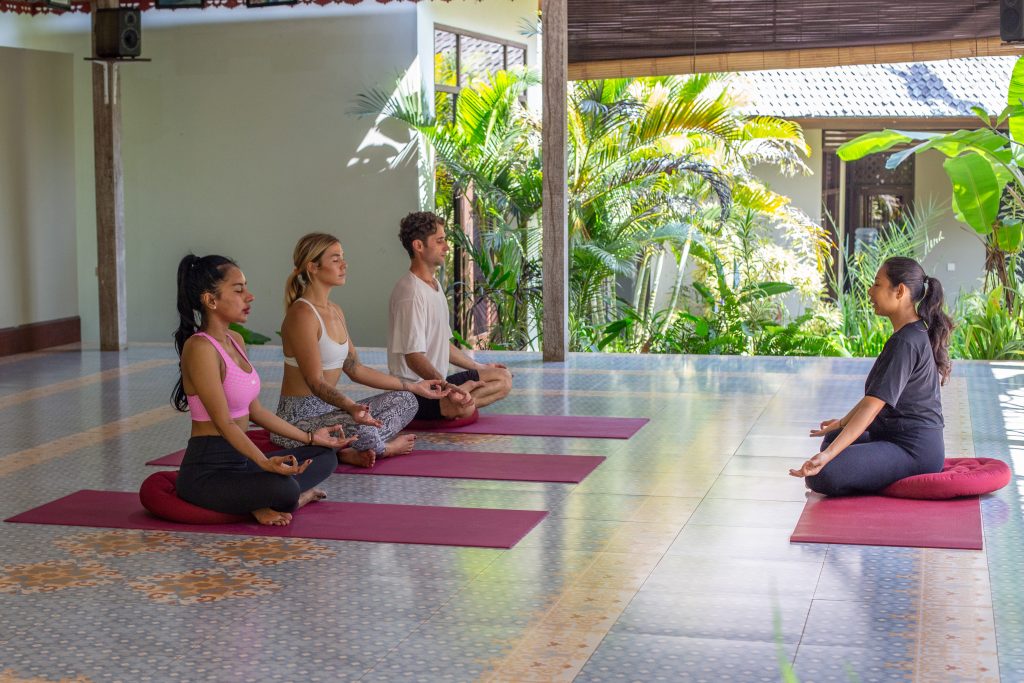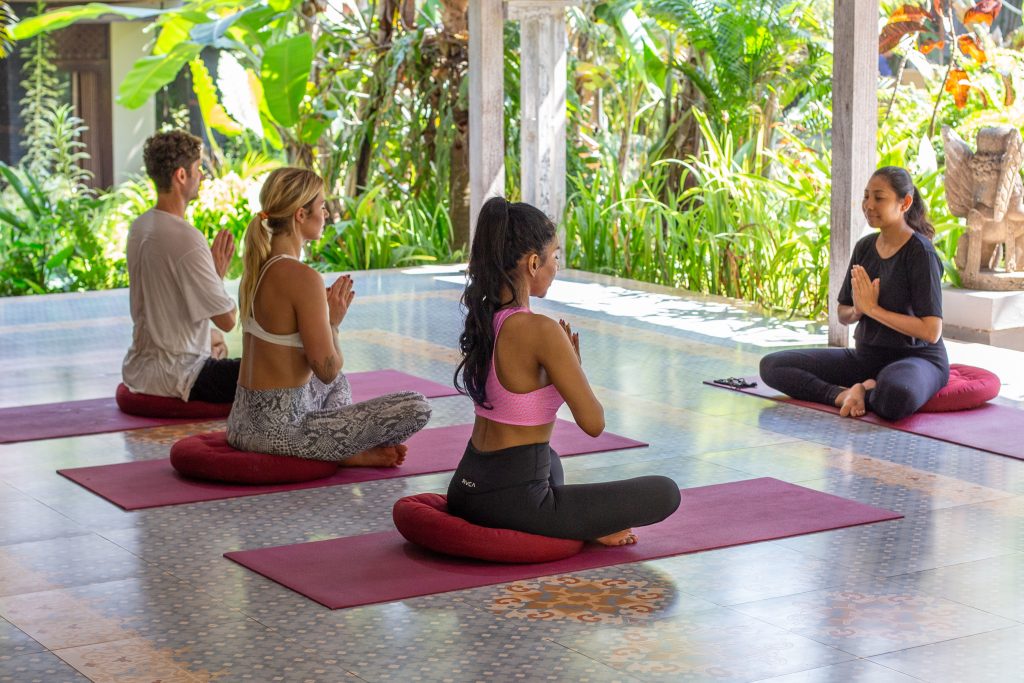Unlocking the Power of Breath: A Guide to Breathing Exercises
Your breath is a powerful tool at your disposal.
Breathing is more than just the biological need for oxygen and carbon dioxide.
But in our fast-paced and high-stress world, we tend to overlook the breath.
Breathing exercises are fundamental in practices such as yoga and meditation. They can range from slow deep breaths to quick shallow ones, each with its own benefits and uses.
Why pay attention to a natural and autonomous activity like breathing? The answer is simple: proper breathing profoundly impacts our physical and mental health.
Poor breathing habits lead to problems like anxiety and impaired cognitive function.
Proper breathing can improve your physical and mental health. It can even regulate your heart rate, blood pressure, and mood.
In this blog post, you’ll delve into the science and benefits of breathing exercises. Whether you’re an athlete, professional, or simply seeking stress relief and improved health, you’ll acquire the knowledge to unleash the power of your breath.
Now, your journey toward better health through conscious breathing begins.

The Science Behind Breathing Exercises
Breathing exercises can significantly impact both your body and mind. These exercises can regulate your breath and have various effects on your physical and mental health.
Physiologically, breathing affects many aspects of your body. By carefully managing your breath, you can control your heart rate, blood pressure, and circulation.
Your breathing links closely with your autonomic nervous system.
Slower, deeper breaths stimulate your parasympathetic system, calming you down and lowering your heart rate.
Faster, more shallow breaths stimulate the sympathetic nervous system, increasing alertness and your heart rate.
Beyond the physiological, breathing exercises also affect the mind. They help reduce stress and anxiety and improve concentration, in part because focusing on breath diverts attention from stressors and anxiety.
Moreover, slow, deep breathing promotes a sense of relaxation, which reduces stress and anxiety levels.
Research on breathing exercises supports these observations. For example, a study published in Cell Reports Medicine found that brief structured breathing practices enhanced mood and reduced physiological arousal.
The science behind breathing exercises reveals their profound effects on both your body and mind.
By consciously managing your breath, you can positively affect your physical function and mental state, leading to better health and well-being.
Breathing exercises reveal their profound effects on the body and mind. By managing breath, you can affect physical functioning and mental state, leading to better health and well-being.
Benefits of Breathing Exercises
Breathing exercises are often overlooked but are an easy yet powerful tool that can enhance your life in so many ways.
You don’t need special equipment, you can do them anywhere, and the benefits are backed by science.
- Stress Relief: Breathing exercises can help alleviate stress. Quick shallow breathing, triggered by the body’s “fight or flight” response, can be reversed with deep slow breaths that activate the relaxation response. This lowers heart rate and blood pressure, leaving you feeling calm and relaxed.
- Improved Focus and Concentration: Breathing exercises improve focus by directing your attention to the breath, bringing your mind back to the present moment, and reducing distractions, vital in today’s multitasking world.
- Better Sleep: Breathing exercises can help with sleep problems. Deep breathing lowers the heart rate and promotes relaxation, making it easier to fall asleep.
- Enhanced Athletic Performance: Breathing exercises benefit athletes by improving lung capacity, oxygen efficiency, and focus, and reducing stress. They enhance endurance performance and help with precision sports. Plus, they can help athletes to recover more quickly from workouts.
Breathing exercises can do wonders for your mind and body.
Whether you need to relax, concentrate, sleep better, or step up your athletic game, breathing exercises can help you.

Breathing Exercises for Specific Situations
Breathing exercises are incredibly versatile, and you can tailor them to your specific requirements. They can be beneficial in supporting your overall well-being.
For example, you can use breathing exercises to manage stress, improve sleep, enhance focus, and boost athletic performance.
Here’s how you can use breathing exercises for these specific situations:
- Stress: When you’re feeling stressed, try the 4-7-8 breathing technique. Inhale quietly through your nose for a count of 4, hold your breath for 7, then exhale forcefully through your mouth for 8. This helps to slow your heart rate, easing the feeling of being overwhelmed.
- Sleep: If you struggle to fall asleep, practice the box breathing technique. Inhale, hold your breath, exhale, and hold again, each for 4 counts. It’s a simple way to slow your heart rate and promote relaxation, whilst helping you drift off to sleep.
- Focus: To improve focus, try alternate nostril breathing. Close one nostril, inhale through the other, then switch to exhale through the opposite nostril. It can work wonders for clearing your mind and boosting your concentration.
- Athletic Performance: For athletes, the breath of fire technique can be especially useful. Take short, fast breaths, inhaling and exhaling with equal emphasis. This technique helps to increase lung capacity, improve oxygen efficiency, and enhance your overall athletic performance.
It’s important to consistently practice breathing techniques to fully reap the benefits.
Start with a few minutes of practice every day and gradually extend the duration as you become more familiar with the techniques.
With consistent practice, you’ll soon be able to tap into the power of your breath, enhancing your health and well-being in a variety of scenarios.
Conclusion
It’s clear that mindful breathing is powerful.
Breathing is a tool that’s always accessible to you, ready to transform your health and mind.
As you know, breathing exercises can relieve stress, enhance focus, improve sleep quality, and boost athletic performance. They provide practical tools to help you navigate the daily challenges of life.
But the true magic of breathing exercises unveils itself when they become a part of your daily routine.
So begin with incorporating just a few minutes of daily breathing exercises. A few minutes each day is a step toward better health, productivity, and balance.
Now take a deep breath, embrace the power of your breath, and experience life’s most fundamental rhythm.
One breath at a time.
